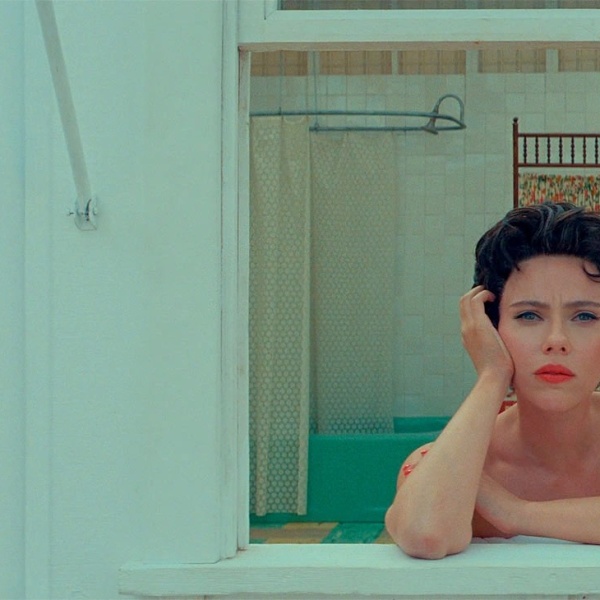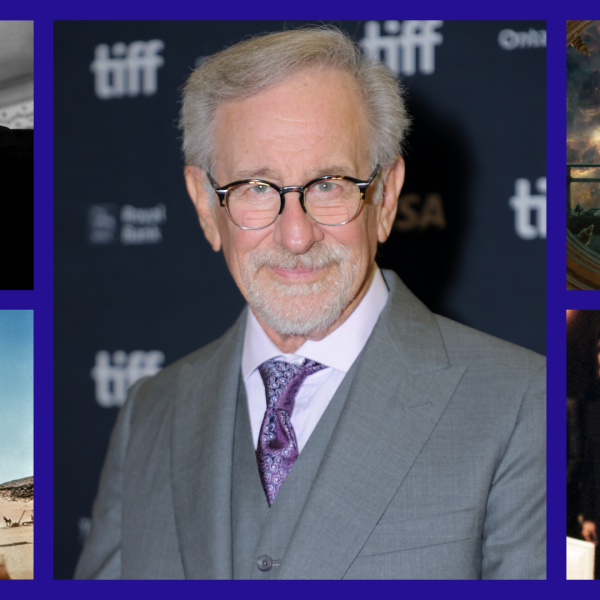
Sending a signal to Oscar prognosticators, the fake-intellectuals who mock “Iron Man” and masturbate to “The King’s Speech,” a phalanx of critics organizations revealed their top honors this weekend, drawing a line in the sand. Their message? “The Social Network” is on one side of that line, and all other movies are on the other. The Los Angeles Film Critics Association, the New York Film Critics Online and the Boston Society Of Film Critics selected the David Fincher drama as the year’s best film, while the AFI listed the film as one of the year’s (unranked) 10 best.
The Los Angeles Film Critics Association selected ‘Network’ above “Carlos,” with Fincher and Olivier Assayas sharing a Best Director award and the Facebook story taking home Best Screenplay and Best Score. The NYFCO gave the film Best Picture, Best Director and Best Screenplay, while Boston awarded the film the same, as well as a Best Actor award for Jesse Eisenberg. Guess they liked it.
Credit to the awards committees for going off-book in some instances. Los Angeles awarded Kim Hye-ja Best Actress for “Mother” and Niels Arestrup Best Supporting Actor for “A Prophet.” Boston broke from the pack completely and honored Juliette Lewis for her druggy, distant turn in the otherwise-forgotten “Conviction.” And the NYFCO shied from “The Social Network” by awarding Best Music Or Score to “Black Swan,” an award they will presumably deliver to Tchaikovsky by raising him from the dead.
The AFI List has no real surprises either, as the Fincher drama was joined by “Black Swan,” “The Fighter,” “Inception,” “The Kids Are All Right,” “127 Hours,” “The Town,” “Toy Story 3,” “True Grit” and “Winter’s Bone.” Oscar commentators have been going nuts for ‘Network’ for a while now, but we would assume a film having a lot of “buzz” means that it’s covered in bees. These developments, however, suggest “The Social Network” is the top dog for the Best Picture Oscar, even though that’s far from the case.
These organizations are almost entirely comprised of critics, and who else would relate to ‘Network”s Mark Zuckerberg? Jesse Eisenberg‘s socially-inept protagonist is a hero with privilege, a young white male at Harvard who views himself as an underdog, with a sense of superiority towards the simpletons that surround him. “The Social Network” is the most effective remake of “Revenge of the Nerds” yet, straight-faced and near-apocalyptic in depicting a world slowly ceding control to the “elite.” The fact that it’s a funny and entertaining diversion doesn’t make one forget that no film flattered critics more this year.
The Oscar committee, on the other hand, is a diverse mix of critics, performers and Hollywood establishment types, older people who can’t be troubled to see almost every movie in Hollywood. Academy member Samuel L. Jackson has been known to vote for friends and allows his butlers to vote for anything else. Every year, the Academy opens their doors to someone like Seth Rogen, a busy comic performer who seems a bit unlikely to crack open a screener of “I Am Love.”
What this means is that predicting the Oscars seems like a pointless, masturbatory exercise for people who seek order out of the chaos of craft appreciation. When they honor a performer or artist, they want it to be part of a “narrative.” In the Best Actor race, the narrative of Jim Broadbent, so excellent in Mike Leigh’s affecting “Another Year,” would figure as a “great actor doing great work.”
He wouldn’t have the benefit of being James Franco, a one-man band who cements his leading man status will all sorts of jack-of-all-trades stunts, in addition to starring in a film where he completes a fairly physical transformation, to say the least. James Franco isn’t an actor to these voters: he is a “story.” Then there’s Stephen Dorff, who could have been a leading man but instead surrendered to poor career choices. Recognizing his work in “Somewhere” registers as a comeback story, with the nomination committee being active participants in said story.
Which of course positions the Oscars as a group of egotists. They don’t give praise, they anoint. As such, don’t expect an award being thrown Broadbent’s way, since a respectable under-the-line character actor gaining a second Oscar for a quiet, devastating British film just isn’t a narrative, sadly (if anyone is going to breakthrough with “Another Year” it looks to be Lesley Manville).
That being said, we’re part of the unwashed masses who go along with the idea that what a group of outdated old fools and nepotistic go-alongs decide about movies seems to matter. It’s not like there aren’t esteemed members of this sub-community — Roger Ebert, of all people, famously shared some awards-season gossip when he claimed that fellow voters at Academy screenings for “City of God” were walking out in the heat of nomination season. Of course, not even Ebert is always on the mark — “City of God” ended up receiving a Best Director nomination that year.
Notice the stories and press releases. Sure, the actual story might be Freestyle Releasing distributing “Frankie and Alice,” a kitchen-sink melodrama starring Halle Berry, on December 17th. But what was the story every movie website felt the need to share when the release announcement was made? Halle Berry entering the Oscar race for Best Actress.
We’re deep into winter, and unfortunately for Ms. Berry and Freestyle it’s already a crowded lineup at Best Actress. Though we wonder about the film’s real chances, since this is the second directorial effort from Geoffrey Sax. Sax is best known as the director of the schlock ghost story “White Noise,” a laughable genre picture dumped into January that proved to be an inexplicable hit in 2006. Following that effort (and the failed franchise-starter “Alex Rider: Operation Stormbreaker“) with something watchable, never mind awards-worthy, would be a huge upset in the Common Sense Wars.
As a producer, Berry fought to get the film made, essentially creating her own role at an age where many actresses are forced to play background moms. The part itself seems like catnip — Berry plays a woman afflicted by multiple personality disorder. And the color of Berry’s skin may come into play, as a year after “Precious,” “The Blind Side” and “Invictus,” the Oscar race seems almost entirely populated by white actors. The previous contender set up to upset this balance was Tyler Perry’s “For Colored Girls,” but the mild box office combined with harsh critical notices suggest the film is dead in the water. With Ivy Leaguers, British monarchy, ballet dancers and picket fence lesbians among the characters possibly being recognized this season, an African American woman with mental deficiencies (in this case, multiple personality disorder) might be a diversity nod.





